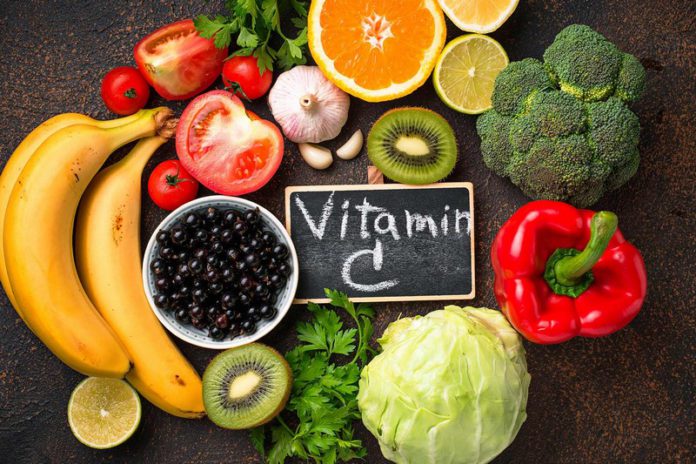
A nutritionally balanced diet, which is packed with proteins, vitamins and minerals is to be consumed for a speedy recovery from surgery.
The effectiveness of treatment is largely determined from one’s diet and food habits along with medications. An increased need for calories is noticed post-surgery for metabolism.
Nutritional management is coordinated and done at the pre-operative stage and post-operative stage.
There are few common complaints post-surgery such as constipation, fatigue, nausea and vomiting.
In some cases, it is difficult to eat after surgery because of a lack of appetite. Eating the right foods provides balanced nutrition, helps to attain energy levels and can prevent constipation, fatigue, etc.
* Assess the diet and food consumed. Avoid unwanted weight gain as physical activity is low.
* No junk foods, low nutritional value foods and no following any crash diets.
* Avoid smoking and alcohol.
* Eat a well-balanced meal and a wide variety of foods to obtain all the nutrients for tissue repair, faster healing process, increasing the immune system, formation of haemoglobin, wound healing, calcium absorption, fighting infections, and avoid blood clotting.
* Carbohydrates provide energy and refuel the body. Fatigue is common following any surgical procedure.
Carbohydrates can help restore energy levels from food sources such as whole grains, fruits, veggies, beans, and legumes, suggests Affrin Noor, Chief Dietitian and Nutritionist, Fortis La Femme Hospital, Bangalore.
* Protein helps in repairing the damaged tissues and cells and also for the growth of new cells and tissues, form antibodies to fight infections post-surgery.
Lean meats are an excellent source of protein.
Soya, paneer, milk, nuts, pulses and legumes are also an excellent source of protein. Do incorporate each protein food source in one’s meal plan to rebuild muscles and also help improve the immune system.







